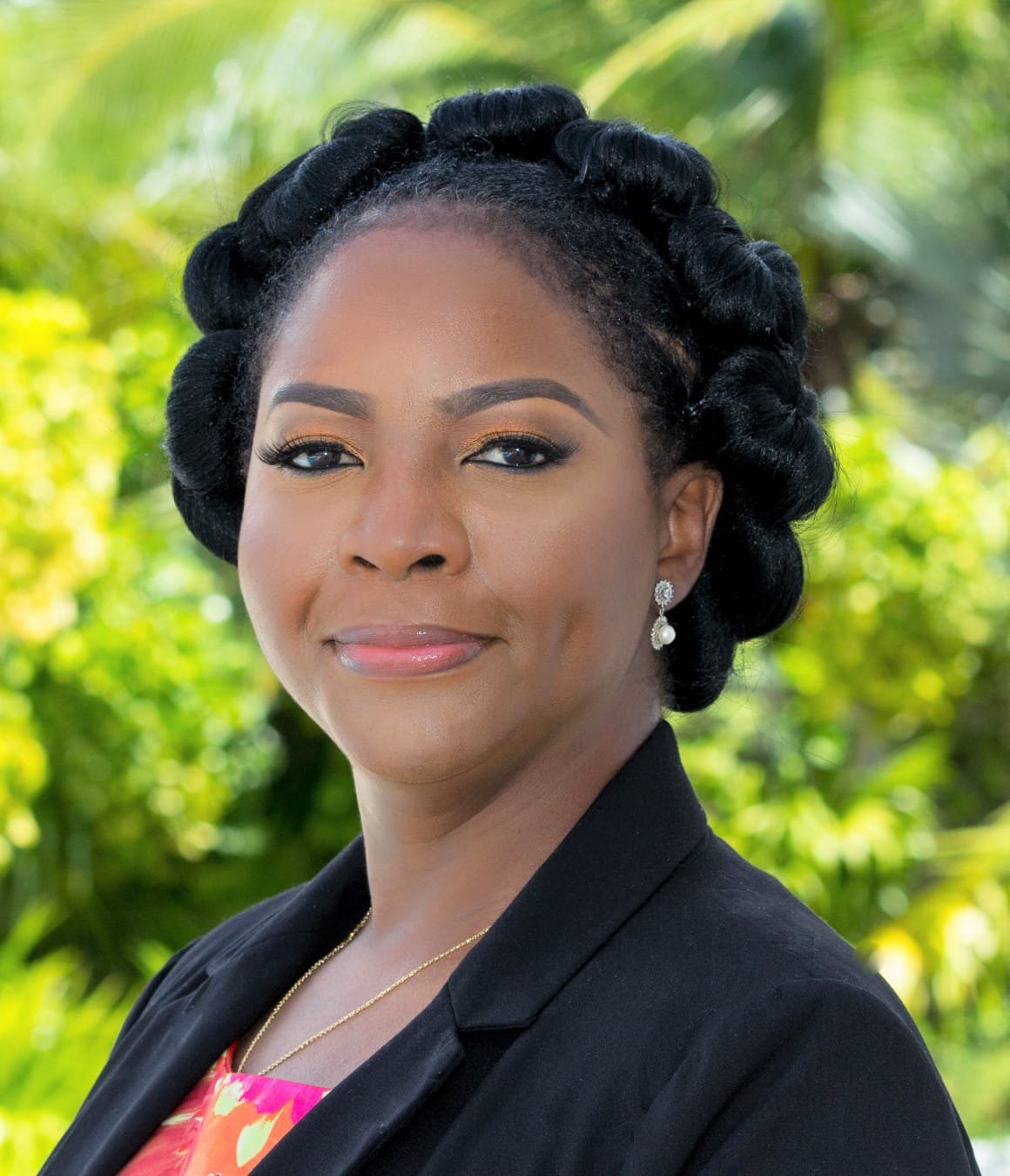NASSAU, BAHAMAS — Although physicians experienced “burnout” amid the second wave of the novel coronavirus due to capacity challenges, Bahamas Doctors Union (BDU) President Dr Melisande Bassett said yesterday doctors were prepared for a potential third wave of the virus in The Bahamas.
“We expect it could be worse because of a number of mitigating circumstances or mitigating factors — the flu season as well as colder months,” she told Eyewitness News.
“You know people are going to stay indoors as opposed to outdoors, so you have that enclosed space and the higher [transmission] because you are not leaving the door open, you are not leaving the window open — people are in closed spaces.
“So, you will have your infectious rate going up.
“You will have more persons becoming positive than you would have in the first few waves.”

However, Bassett said there was hope with the United States and the United Kingdom — key destination markets for The Bahamas — beginning distribution of emergency vaccines.
She said the development of the vaccine could lower imported cases and eventually, once in-country, lower local transmission.
International health experts have predicted the colder winter months, which are expected to prompt more families to remain indoors, could result in significant spread of the virus.
According to Prime Minister Dr Hubert Minnis and health officials, The Bahamas could be impacted by a third wave, an impetus for Bahamians and residents to remain vigilant and adherent to the health guidelines as the process toward an approved vaccine for wide distribution continues.
Asked if the healthcare system and doctors were prepared, Bassett said the doctors “have no choice” but to be prepared even if that means working seven days a week.
“I don’t know what the third wave will bring, but I know that we do have the capacity,” she told Eyewitness News.
“And if we do get all the stakeholders involved, it can be done and we can meet the need.”
While remaining lower than November levels, cases trended upward to the tune of 46 percent last week compared to the week before.
New infections per day remain in the low double digits.
Weekly cases remain as much as eight times lower than some weeks in October.
As it relates to impact, the first wave of the virus, which spanned from mid-March to early July, saw around 50 doctors impacted by the virus, according to Bassett.
However, she was unable to provide similar data for the second wave.
“We did not require or did not press the issue because that is a personal matter; if persons want to disclose that they have been exposed to COVID or not,” the BDU president said.
“We respect that. That is one of the reasons why we never published a number.
“But it was too high for us.
“We know there were some areas that we had to look at in terms of ensuring…safety protocols.
“…Our concern was that our members were being exposed because the safety protocols weren’t being shored up, revisited, and we weren’t doing enough to protect the physicians.
“Now, we’ve had meetings with our physicians on this. We’re still trying to work this out internally with specific departments and specifics sections within PHA (Public Hospitals Authority).
“We have had meetings with them on this, on our concerns, and hopefully we should start to see the necessary changes.”
During the second wave, doctors had reached burnout, according to Bassett.
She said “much-needed relief” only came after the union filed for an injunction to have 25 newly graduated senior house officers reinstated.
“We had an additional 25 physicians assigned to the COVID team that allowed us to set up workable schedules and we were able to man multiple COVID sections,” she said.
“You know we had the Samaritan’s Purse tent. They were only here for a few weeks.
“We had our physicians working along with them.
“When they left, we took over.”
According to Bassett, doctors were also able to shore up South Beach Clinic, among other clinics, and Princess Margaret Hospital, all of which had a net effect of “alleviating the stress that we were experiencing and the burnout”.
She said doctors were able to get time off, noting that their risk to the virus was exponentially increased when working long hours without rest days.
Health officials have encouraged the public to get a flu vaccine.
Bassett underscored that recommendation for the sake of healthcare workers.






